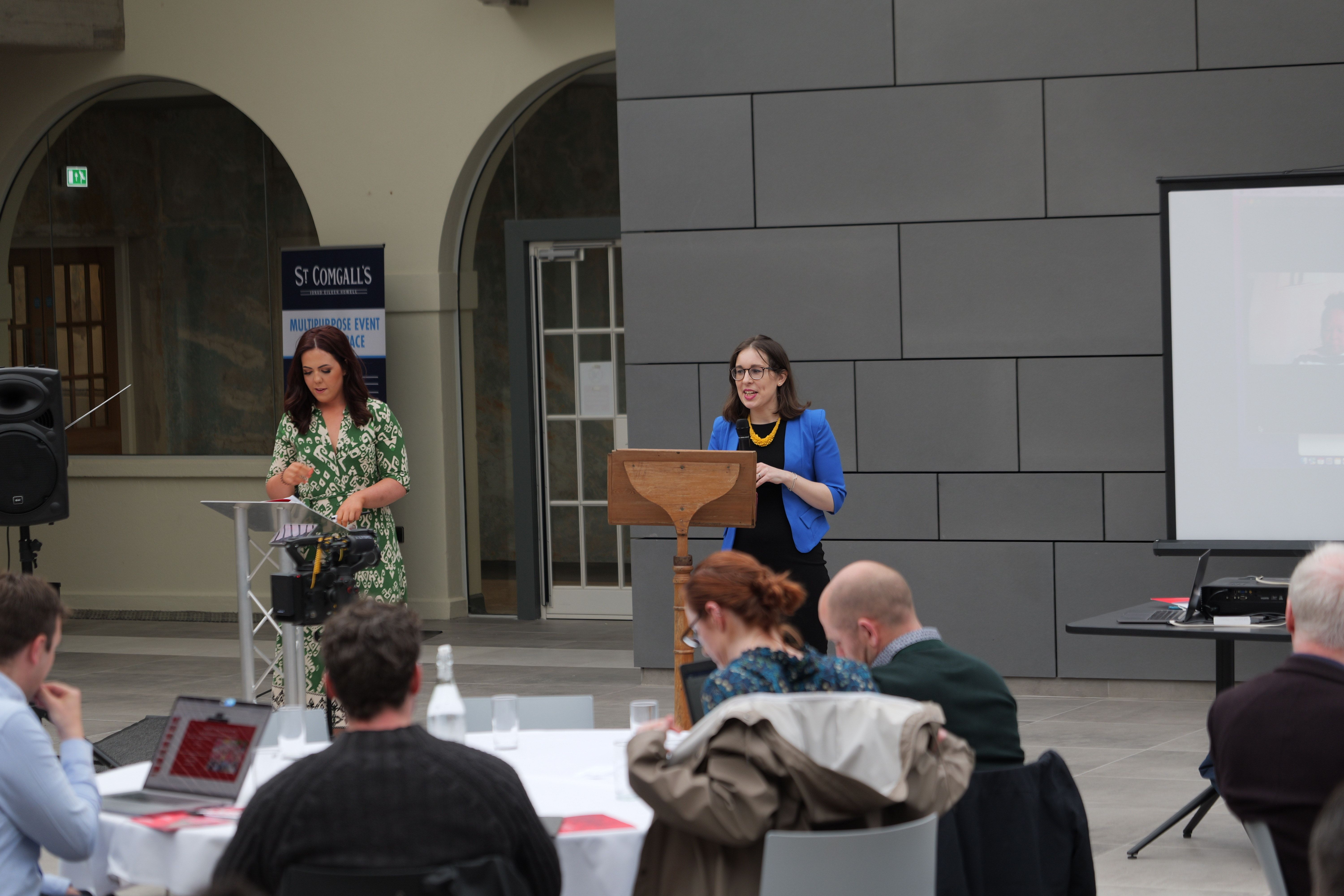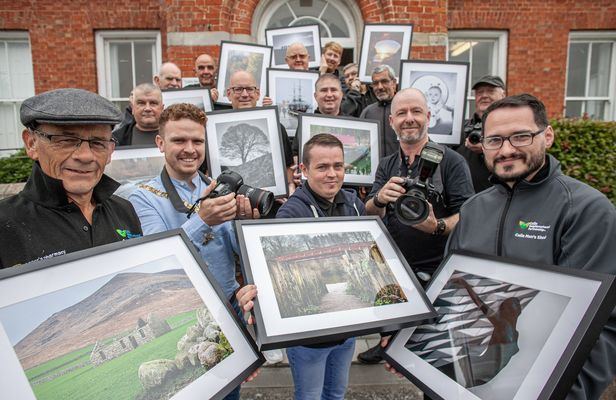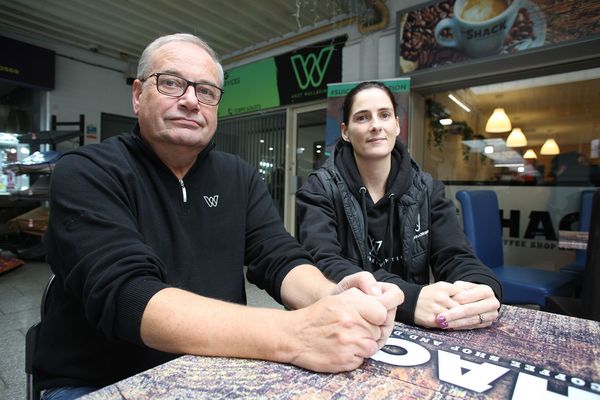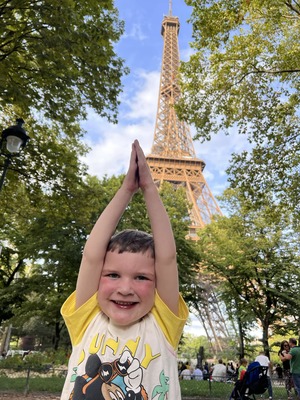A HUGELY successful international conference on decolonisation was held this week in St Comgall's on the Falls Road.
The bilingual one-day conference which was widely attended, saw over 40 speakers including international renowned academics, researchers, social justice activists and community artists speak.
The event was organised by Whiterock-based youth and community organisation Glór na Móna and the Irish language department at Queen's University.
Dr Síobhra Aiken, a lecturer in Irish at Queen’s, said: "We have been working in partnership with Glór na Móna over the past year with the aim of developing valuable research partnerships with the local Irish language community revival movement. This idea for this conference came out of this grassroots engagement and knowledge exchange.
"The consequences of colonialism in today’s society have been subject to renewed scrutiny in both the media and academic institutions in recent years especially since the Black Lives Matter protests which swept across the globe after the police killing of George Floyd in the US. This has sparked meaningful debates regarding structural racism, the persistence of cultural imperialism, and how to decolonise school and university curricula. The influence of these debates is clear from the recent decision by Trinity College, Dublin to return skulls taken without permission from Inis Bó Finne island in 1890.”
Dr Síobhra Aiken said the Irish language, the cultural revival and the vibrancy of community linguistic reclamation in Ireland has been largely overlooked to date in these considerations of colonialism’s long reach.
The event was hugely attended 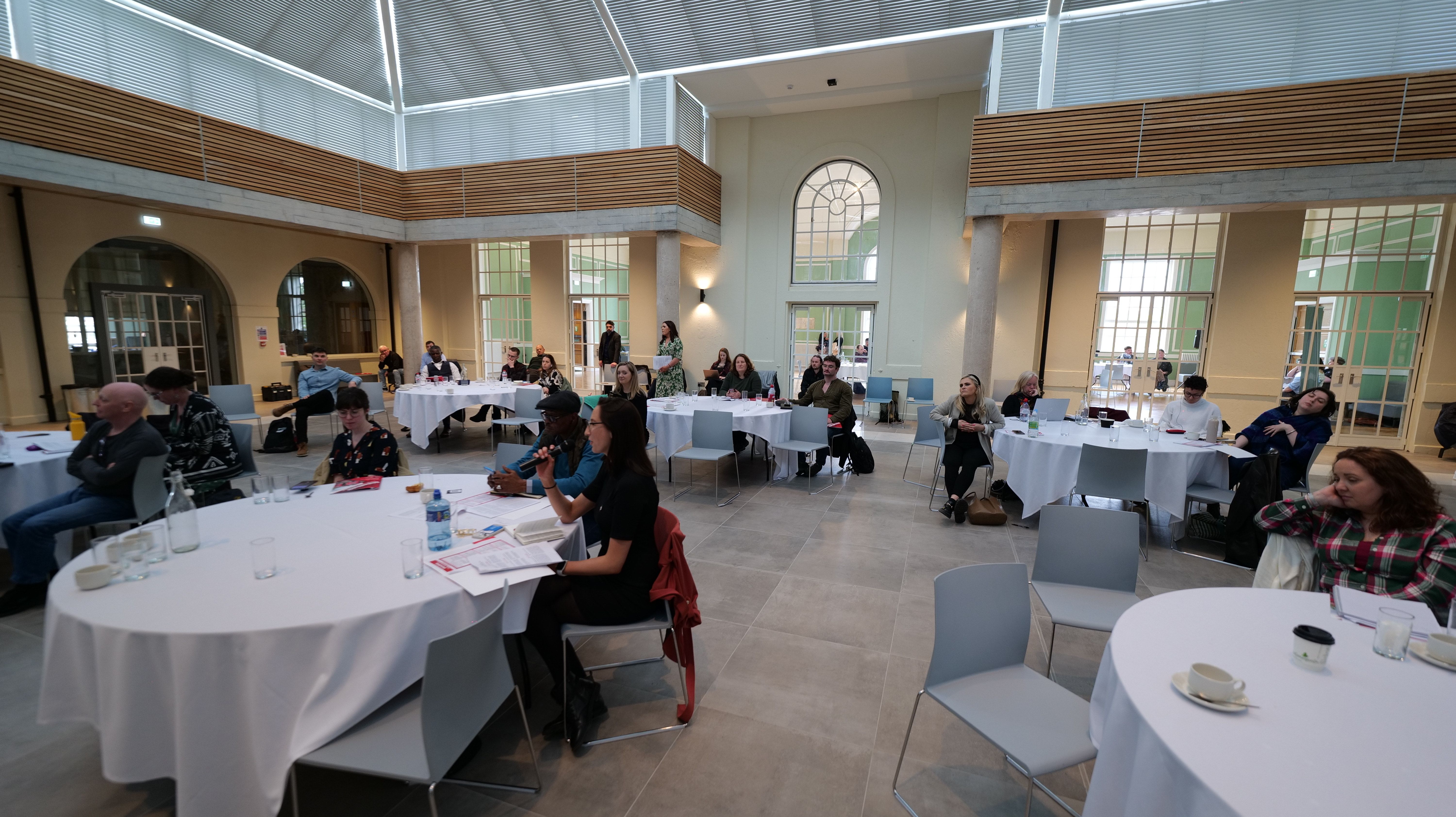
Dr Síobhra continued: “This is despite the significant examples of how Ireland, past and present, has shaped and inspired some of the most creative and courageous expressions of decolonising practices anywhere in the world. This conference hopes to open up a conversation on how we bridge this gap in intellectual and knowledge capital in a way that is relevant to grassroots communities, academics, and activists alike. It was also important to host this event in a community setting as a way to de-centre the university as the site and arbiter of knowledge and research.”
International scholar Dr Faith Mkwesha, an academic at University of Helsinki in Finland, was a keynote speaker on the day. Dr Mkwesha reflected on language suppression in Africa and introduced decolonisation as a critical pedagogy that creates spaces for ‘alternative histories and alternative knowledge that form the basis of alternative ways of doing things'.
Dr Síobhra said: “This symposium offers an opportunity to interrogate and analyse the remarkable work over the past hundred years of language and community activists, students, historians, and artists in their efforts towards linguistic, social, political, economic, and cultural decolonisation. We are very grateful to our funders – particularly Foras na Gaeilge and the Royal Irish Academy – and see this as the beginning of a conversation and aim to develop a sustainable activist research network in the time ahead.”
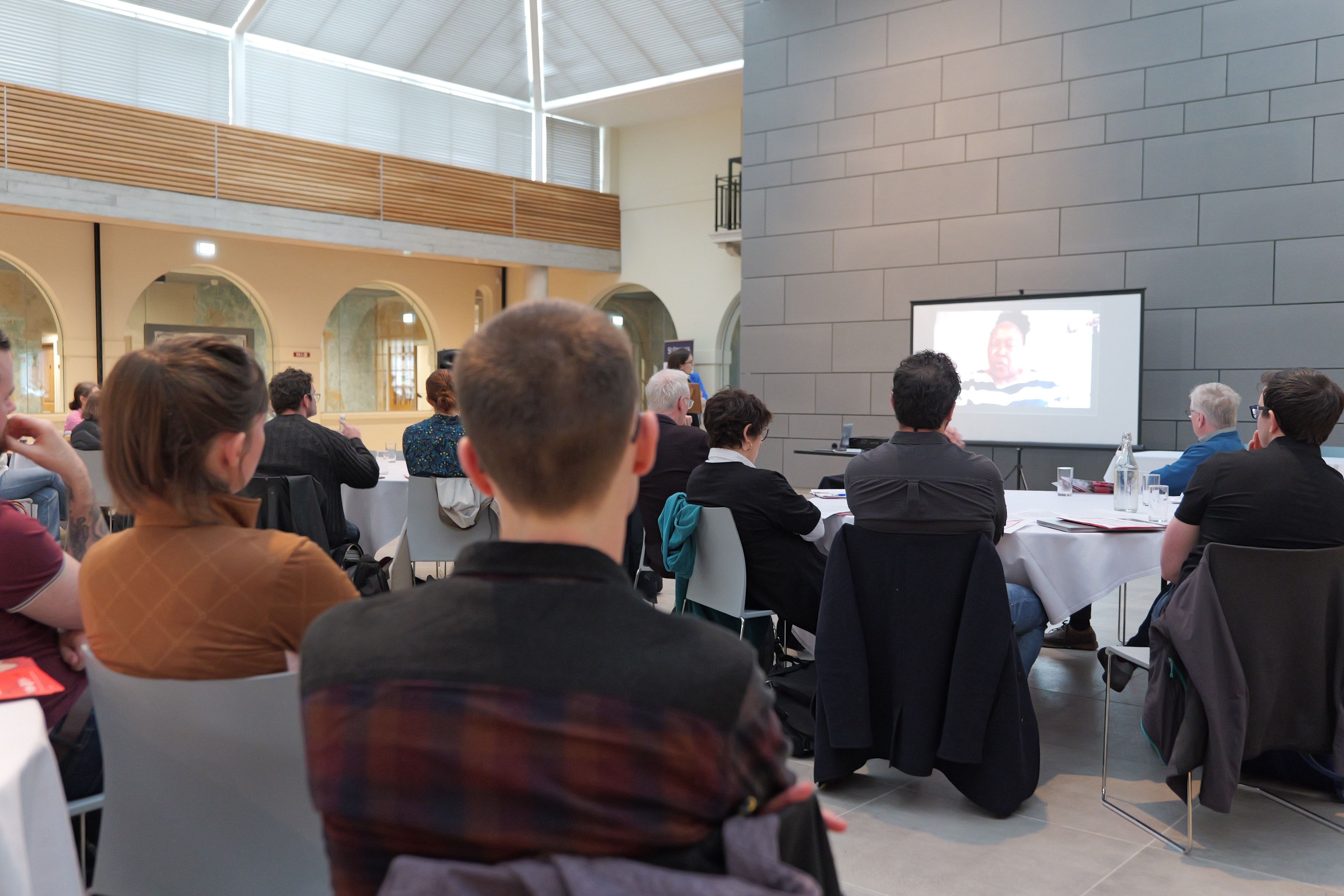
Dr Órla Nic Oirc, Business Development Officer at Glór na Móna, said: “It’s an honour and a privilege to bring such an exciting, relevant and topical conference to the Falls Road in Belfast. In our collaborative partnership work with Dr Síobhra Aiken and Roinn na Gaeilge at Queen’s University Belfast, we have endeavoured to demystify the often misplaced elite status bestowed on academic institutions which renders them inaccessible to working class communities. Our programme of work has been about redressing this imbalance and valuing and giving voice to the ‘view from below’ emanating from key actors and engaged activist experts working in grassroots communities.
“The staggering levels of interest in this conference proves that there is a real and genuine thirst for inclusive and participatory community forums such as these that bring people together in the interest of building a better and fairer world. This will be the first of many such conferences, projects and initiatives aimed at developing sustainable new networks that bring researchers, academic activists and community practitioners together. We look forward to building on this in the time ahead.”

